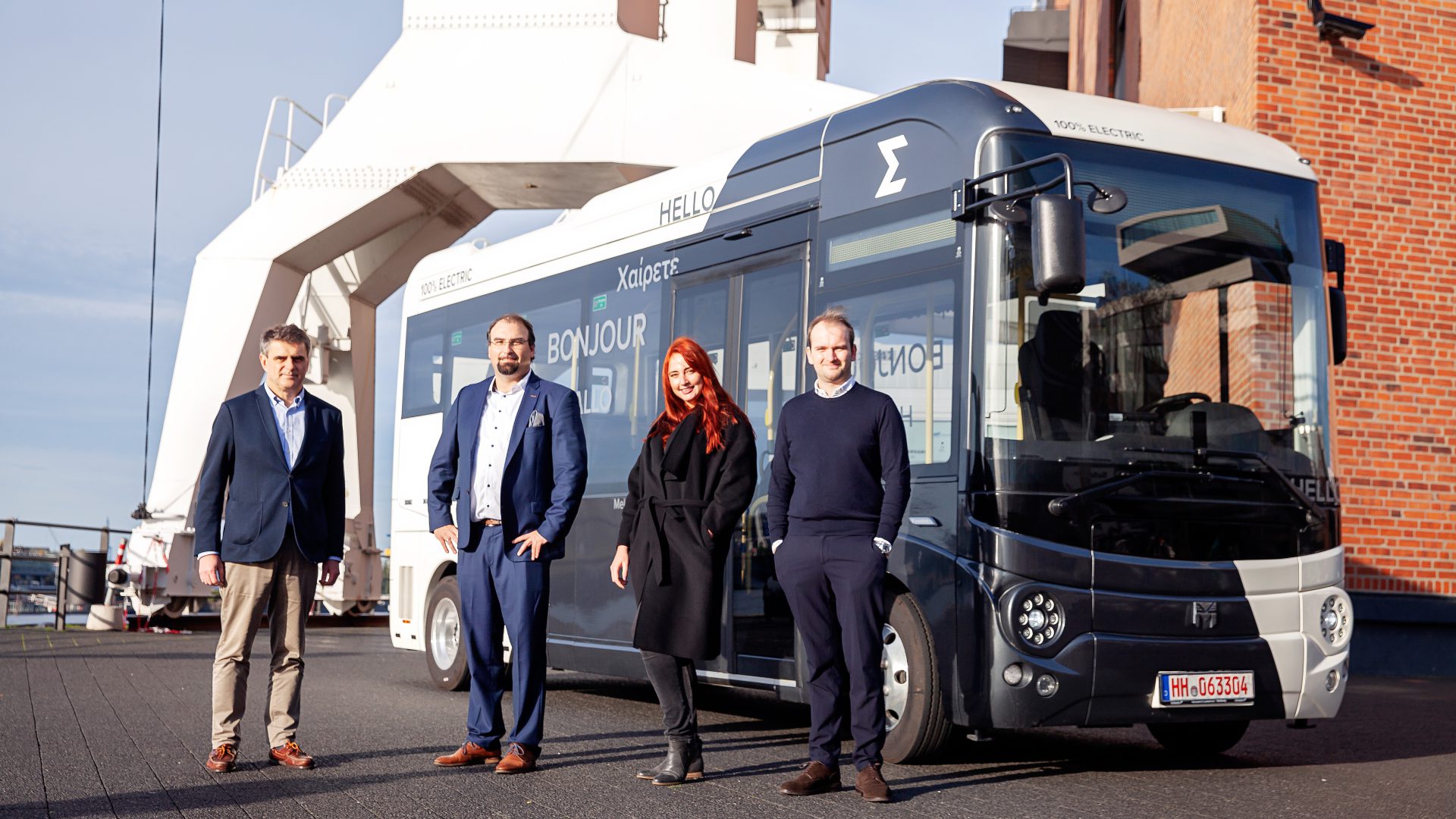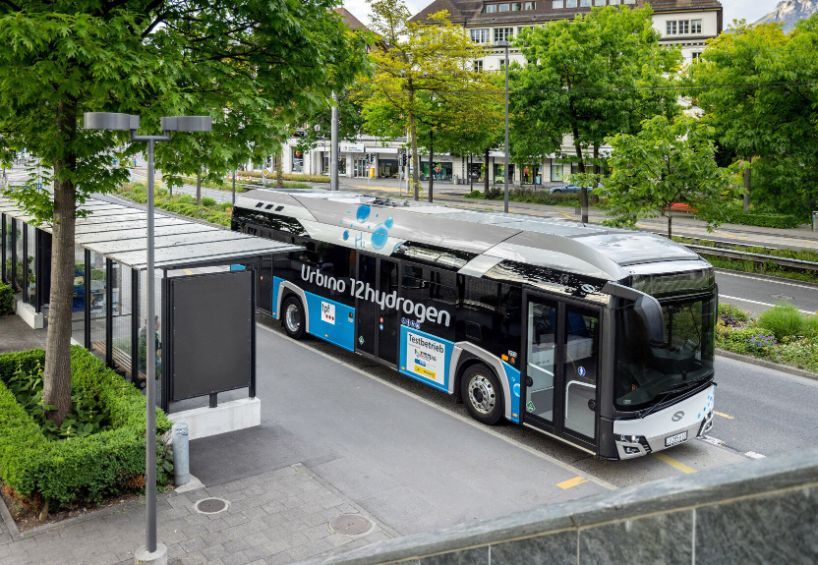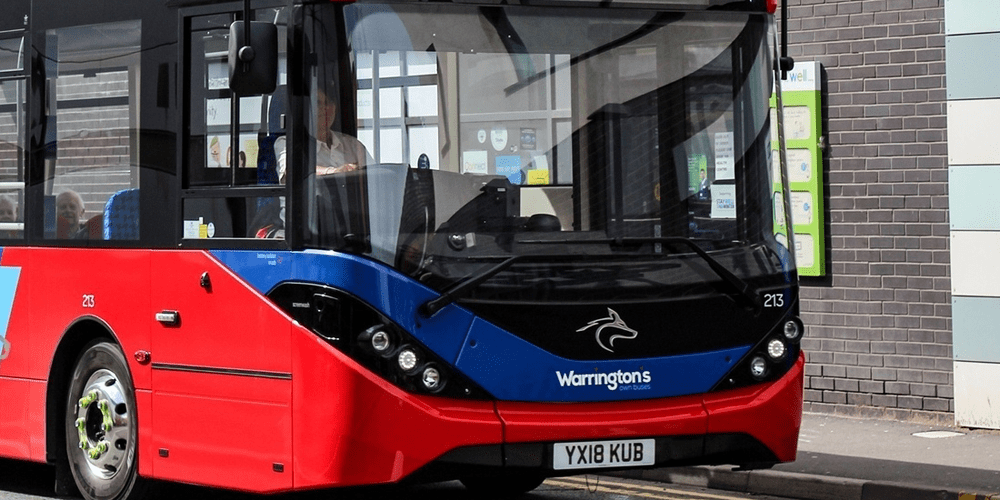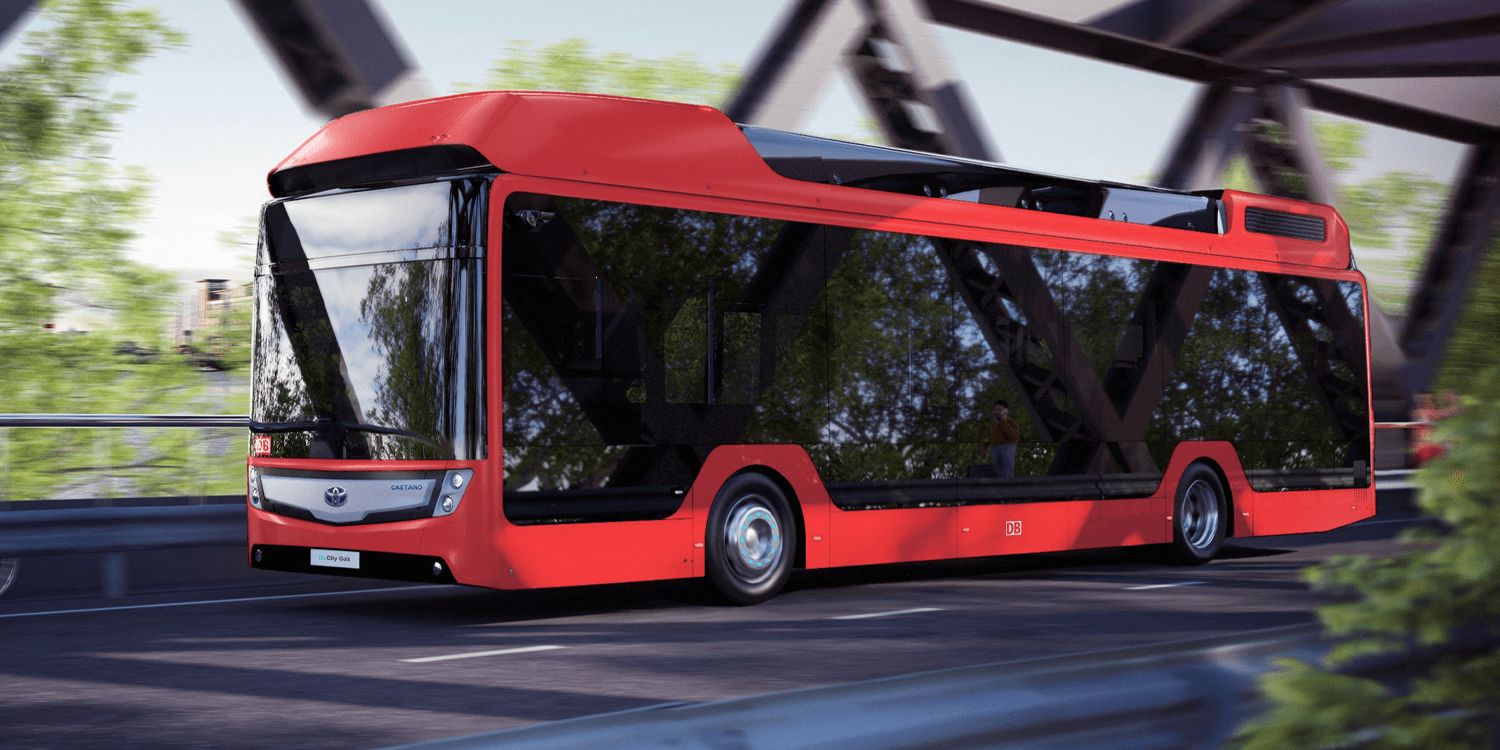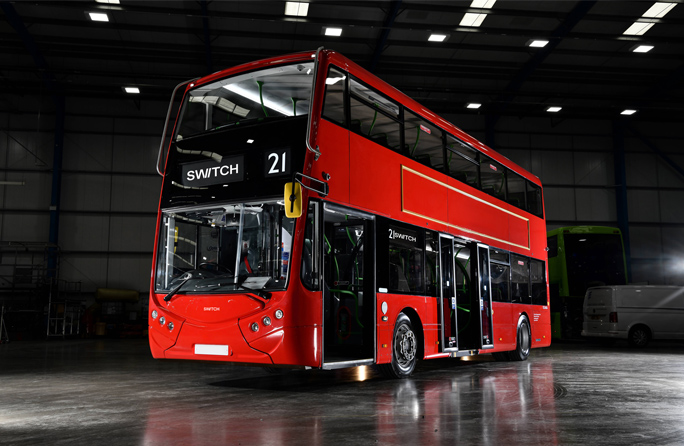The European Commission has set new targets for carbon dioxide (CO2) emissions for new heavy-duty vehicles from 2030. To accelerate the deployment of zero-emission buses in cities, the Commission proposed that all new city buses must be zero-emission from 2030. For all new heavy-duty commercial vehicles, a mandatory 45% reduction in emissions is proposed from 2030, followed by 65% reduction from 2035 and 90% reduction from 2040.
The market for electric buses in Europe has seen growth of 26% last year, with 4,152 units registered, compared to 3,282 in 2021 and a growth of 48% on 2020. Around 30% of all registered city buses in 2022 were zero-emission.
See also: EU’s New Legislation Offers Promising Opportunities for Hydrogen Combustion and Synthetic eFuels
Several European cities, including Barcelona, Cluj-Napoca, Copenhagen, Hamburg, Malaga, Milan, Palma, Paris, Rotterdam, Seville, and Valencia, have asked the EU to make the purchase of zero-emission buses for public transport mandatory from 2027. They wrote a letter to the EU Commission in October 2022, stating that without action at the EU level, demand for zero-emission urban buses would not be met by supply.
In early 2023, the Netherlands, Belgium, Denmark, and Luxembourg urged the European Union to establish a date by which new trucks and buses sold in Europe must have zero emissions.
Trucks, city buses, and long-distance buses are responsible for more than 25% of greenhouse gas emissions from road transport and over 6% of total EU greenhouse gas emissions. The strengthened emissions standards proposed by the EU Commission aim to ensure that this segment of the road transport sector contributes to the shift to zero-emissions mobility and the EU’s climate and zero pollution objectives.
See also: EU Formally Approves to Ban Sales of Gas-Powered Vehicles by 2035
The proposal is in line with the European Green Deal and REPowerEU objectives and will have a positive impact on the energy transition, by reducing demand for imported fossil fuels and improving energy savings and efficiencies in the EU’s transport sector. It will provide benefits for European transport operators and users by reducing fuel costs and total cost of ownership, and ensuring a wider deployment of more energy-efficient vehicles. The proposal will also improve air quality, particularly in cities, and the health of Europeans.


